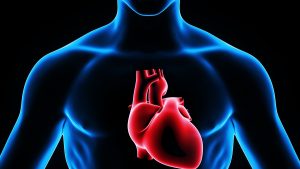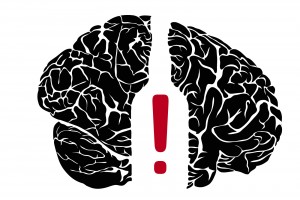In an article published online Sept. 9, 2019 a Swiss research group mentions naps for heart health. Specifically, they observed 3462 subjects over 5.3 years. The ones who napped for 5 minutes to an hour once or twice per week had 48% less heart attacks, strokes or heart failure than those who did not take naps during the day. When the researchers constructed survival curves, people who did not nap had the worst survival curves. On the other hand, the persons who napped once or twice per week had the best survival curves. The ones who napped 3 to 5 times per week or 6 to 7 times per week were in between the other survival curves.
Naps for heart health with adrenal gland fatigue
Adrenal gland fatigue is one of the clinical conditions where we know that naps rebuild energy. This is a hormone weakness where the adrenal glands can have reduced hormone production. The location of our adrenal glands is right above the kidneys. These hormone glands have a circadian rhythm. The highest amount of adrenal gland hormones production occurs in the morning and there is a gradual decline throughout the day. Our meals (breakfast, lunch and dinner) as well as any snacks lead to mini peaks of the adrenal gland hormone production. If we get enough sleep, there is no excessive stress in our lives and we do not smoke or abuse alcohol and drugs, most people will not know that they have adrenal glands as they are quietly working in the background. However, your adrenal glands may function in the lower end of normal bordering to adrenal gland fatigue.
Power naps during the day can normalize your adrenal gland hormones
When you take a power nap during the day, your adrenal gland hormone production normalizes. This makes you feel good and energetic. Patients who have adrenal gland fatigue feel more energy when they remove sugar and refined carbs from their diet. They also feel more energy when they have small snacks halfway through the morning and afternoon. Vitamin C as a supplement is useful as it stabilizes adrenal gland hormone production.
Discussion of the Swiss research regarding naps for heart health
There was no medical explanation given regarding why napping prolongs life. But it is entirely possible that those people who unknowingly have borderline adrenal gland fatigue are responding to building up their adrenal gland production. We know from the literature that stress kills. It would make sense that if the ACTH/adrenal gland hormone system is functioning better, mortality would be reduced. From people in Spain that value their “siesta” during the early afternoon we know that they are doing something right. Their life expectancy was an impressive 82.83 years in 2016 compared to 78.69 years for the US average.
Conclusion
A Swiss study observed 3462 subjects over 5.3 years. The ones who napped during the day for 5 minutes to an hour had 48% less heart attacks, strokes or heart failure than those who did not take naps during the day. This resulted in less mortality of those who napped during the day. The researchers had no explanation for this observation. When I reviewed the literature regarding adrenal gland fatigue, I was impressed by the fact that many borderline patients get help from power naps and snacks of food between meals. Their ACTH/cortisol production can normalize this way and they survive better. At this point we do not know for sure why a nap reduces heart attacks, strokes and heart failure.
More about adrenal gland fatigue here.










